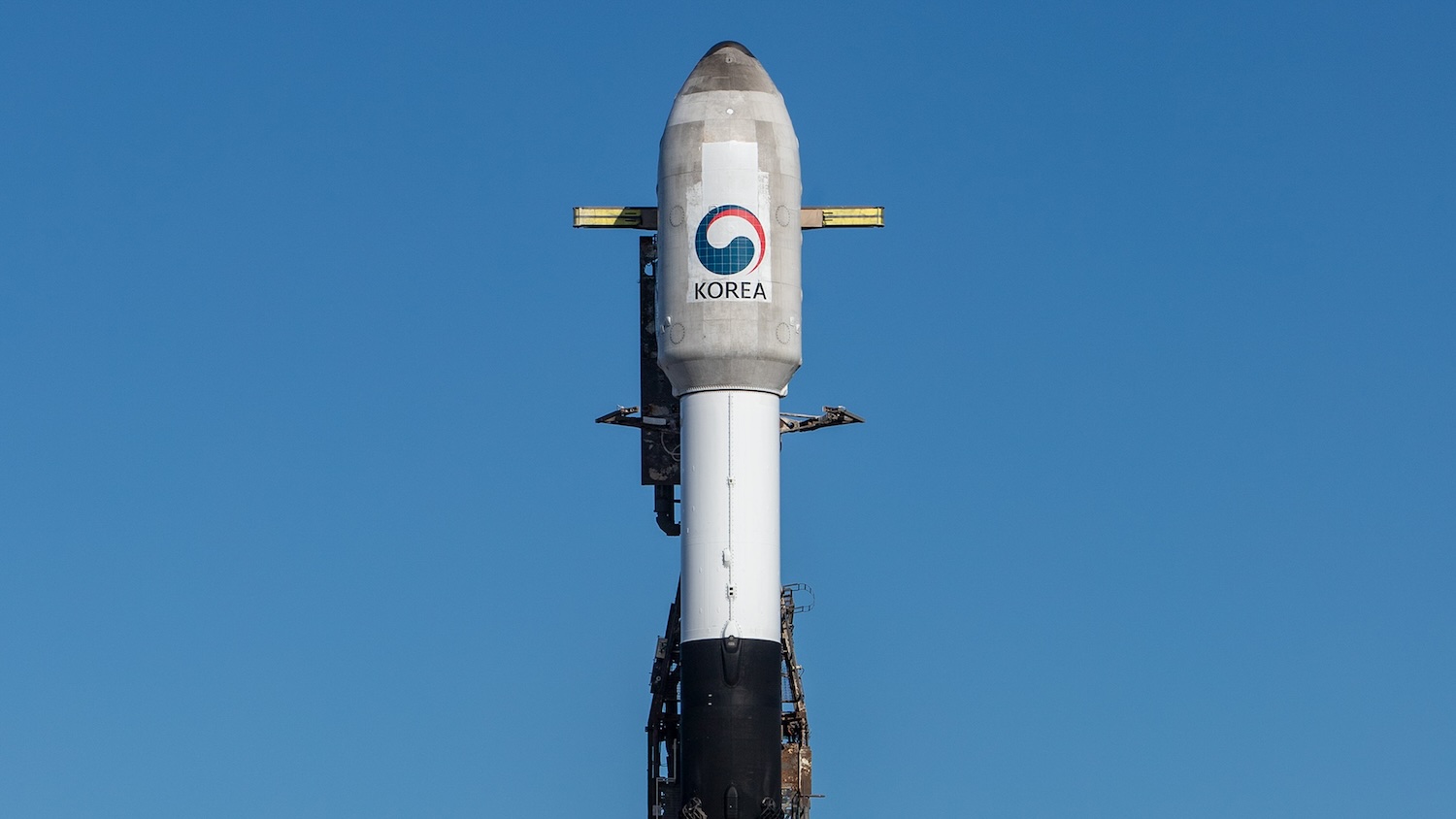Military Satellite Race Heats Up Over Korean Peninsula
South Korea plans to launch its second military reconnaissance satellite in early April, the defence ministry said, under a major programme to launch satellites to better spy on North Korea’s activities from space.
Furthermore, South Korea’s military seeks to acquire around 60 small and micro-sized spy satellites by 2030. The launch period for the small-sized satellites is said to be scheduled for 2026 to 2028, while that of the microsatellites will be from 2028 to 2030.
The planned second ROK launch comes as Pyongyang is also making efforts to acquire space-based reconnaissance capabilities. The North announced what it called a successful launch of its first military satellite Malligyong-1 last November and has plans to launch three more spy satellites this year.
The South’s defence ministry has said earlier that North Korea appears to be preparing for the second launch of a spy satellite from a site in its northwestern region. A spokesperson for South Korea’s Joint Chiefs of Staff told a news conference March 28 that while there are activities for an additional military satellite launch by the North, there are no signs of an imminent launch as of now.
South Korea launched the first surveillance satellite using SpaceX’s Falcon 9 rocket from a US military base in California last December. It is set to launch the second one from a US military base in Florida as part of a project to acquire five spy satellites by 2025, a Yonhap report said.
“Final consultations are under way with the satellite’s contractors for the launch, which is expected to be in early April,” ministry spokesperson Jeon Ha-kyu said in a March 25 press briefing, without disclosing a specific launch date.
While the first satellite was equipped with an electro-optical and infrared sensor satellite that can capture detailed images of the Earth’s surface, the upcoming ones are synthetic aperture radar satellites capable of collecting data regardless of the weather using remote sensing systems.
Meanwhile, the first military satellite will undergo operational tests soon. Reports citing military sources said the satellite, equipped with electro-optical and infrared sensors, recently sent back “good-resolution” images of central Pyongyang. The satellite is expected to enter its full mission phase as early as June, which will likely help reduce South Korea’s heavy reliance on US satellite imagery on North Korea.– adj/shp/mgm (Pix: SpaceX)


